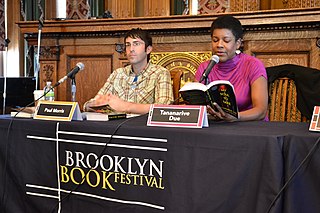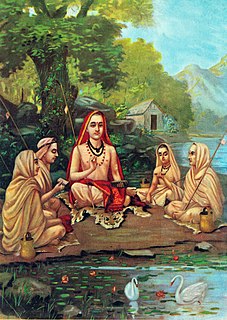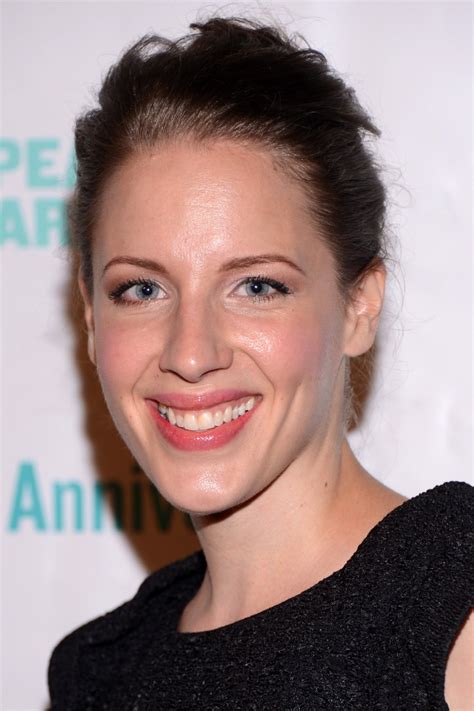A Quote by Chinua Achebe
Once you allow yourself to identify with the people in a story, then you might begin to see yourself in that story even if on the surface it's far removed from your situation. This is what I try to tell my students: this is one great thing that literature can do - it can make us identify with situations and people far away.
Related Quotes
I tell my students, it's not difficult to identify with somebody like yourself, somebody next door who looks like you. What's more difficult is to identify with someone you don't see, who's very far away, who's a different color, who eats a different kind of food. When you begin to do that then literature is really performing its wonders.
I think that people have to have a story. When you tell a story, most people are not good storytellers because they think it's about them. You have to make your story, whatever story it is you're telling, their story. So you have to get good at telling a story so they can identify themselves in your story.
I tell my students based on my experiences in Hollywood, sure, you can always move to L.A. and try to work with the system, and people do that, but chances are if you want your story in film with characters of color, you will have to make that movie yourself. Find a way to make it yourself. Not just screenwriters, but also producers.
I have never had great expectations of my performance or of a film. I try not to think about the outcome. If you look that far ahead, it sort of taints your choices as an actor. I try as hard as I can to believe that no one is ever going to see it and that it's not even a movie. Then you can allow yourself to bare more. Then, once a project is done, I tend to forget about it until it comes out.
The Declaration of Independence...is not a legal prescription conferring powers upon the courts; and the Constitution's refusal to 'deny or disparage' other rights is far removed from affirming any one of them, and even farther removed from authorizing judges to identify what they might be, and to enforce the judges' list against laws duly enacted by the people.
See if you can catch yourself complaining in either speech or thought, about a situation you find yourself in, what other people do or say, your surroundings, your life situation, even the weather. To complain is always nonacceptance of what is. It invariably carries an unconscious negative charge. When you complain, you make yourself a victim. Leave the situation or accept it. All else is madness.
What's your story? It's all in the telling. Stories are compasses and architecture; we navigate by them, and to be without a story is to be lost in the vastness of world that spreads in all directions like arctic tundra or sea ice. To love someone is to put yourself in their place, we say, which is to put yourself in their story, or figure out how to tell yourself their story. Which means that a place is a story, and stories are geography, and empathy is first of all an act of imagination, a storyteller's art, and then a way of traveling from here to there.
The best time to tell your story is when you have to tell your story. When it's not really a choice. But then, when you get that first, messy, complicated version down, you have to read it over and be very tough on yourself and ask, 'Well what's the story here?' If you're lucky enough to have someone you trust looking over your shoulder, he or she can help you if [you] lack perspective on your own story.





































